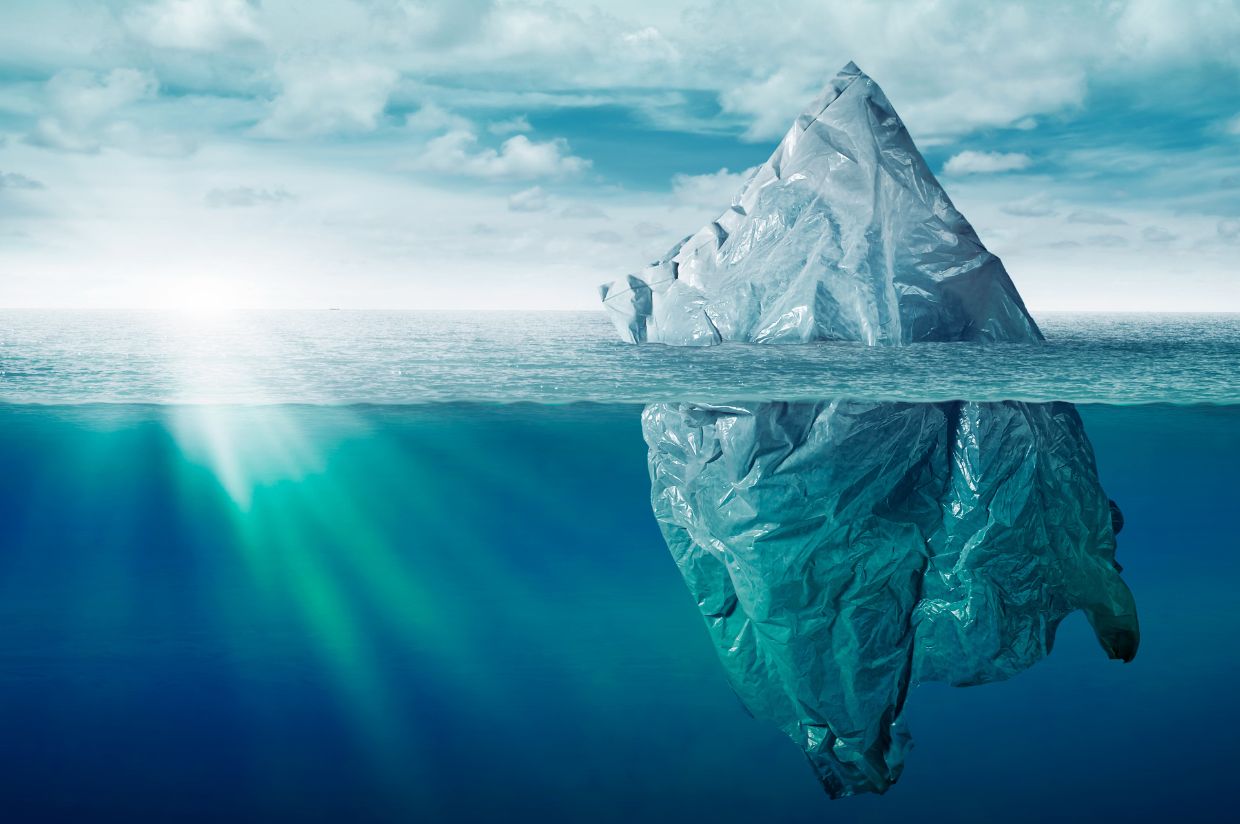Welcome to World Environment Day in 2023, where we acknowledge one of our planet’s most pressing challenges: plastic pollution. Today, let’s take a moment to reflect on our interconnectedness with other people and the larger world, recognizing the significance of this issue and the urgent need to tackle it. Plastic production and pollution have emerged as a global crisis, with detrimental effects on the Earth and the well-being of future generations. In this post, we’ll explore how each one of us can make a difference with the help of the practical guide provided by the United Nations Environment Programme (UNEP).
By acknowledging our interconnectedness and the global impact of plastic production and pollution, we have the power to bring about change.
It is estimated that around 8 million metric tons of plastic find their way into the oceans annually. This staggering amount of plastic pollution poses a severe threat to marine life, ecosystems, and ultimately, to the health of our planet. Additionally, significant amounts of plastic waste also accumulate in landfills and other terrestrial environments, further contributing to the overall plastic pollution problem.
Accumulating in landfills, oceans, and even remote environments, plastics degrade very slowly, leading to lasting pollution that will continue to impact ecosystems and human health. The long-lasting nature of plastics means that the pollution they create will persist for generations, burdening our descendants with the consequences of our actions. The toxic chemicals present in plastic, such as BPA and phthalates, can leach into the environment, posing risks to the well-being of future generations. Additionally, the consumption of microplastics, through food and water, further compounds these risks, potentially causing hormonal disruptions and fertility issues. Moreover, plastic production contributes significantly to greenhouse gas emissions, exacerbating climate change and disrupting the delicate balance of our planet, which future generations will inherit.
Recognizing the interconnectedness of our actions and their global implications is crucial for addressing the plastic pollution crisis. It is a collective responsibility to reduce plastic consumption, promote recycling, and develop sustainable alternatives. Governments, industries, and individuals must work hand in hand to implement policies and practices that prioritize the reduction of single-use plastics, encourage the use of biodegradable materials, and support innovation in plastic waste management. Let’s urge our governments, businesses, and communities to prioritize the reduction of single-use plastics, embrace biodegradable materials, and support innovations in plastic waste management. For individuals, the United Nations Environment Programme has provided a valuable resource, the “Beat Plastic Pollution Practical Guide,” which offers practical steps to reduce plastic waste in our daily lives. By referring to this guide, we can discover simple yet effective ways to minimize plastic consumption, promote recycling, and embrace sustainable alternatives.
By acknowledging our interconnectedness and the global impact of plastic production and pollution, we have the power to bring about change. Together, we can preserve the health of our ecosystems, protect future generations from the harmful effects of plastic pollution, and create a sustainable world where humans and the planet thrive in harmony.

